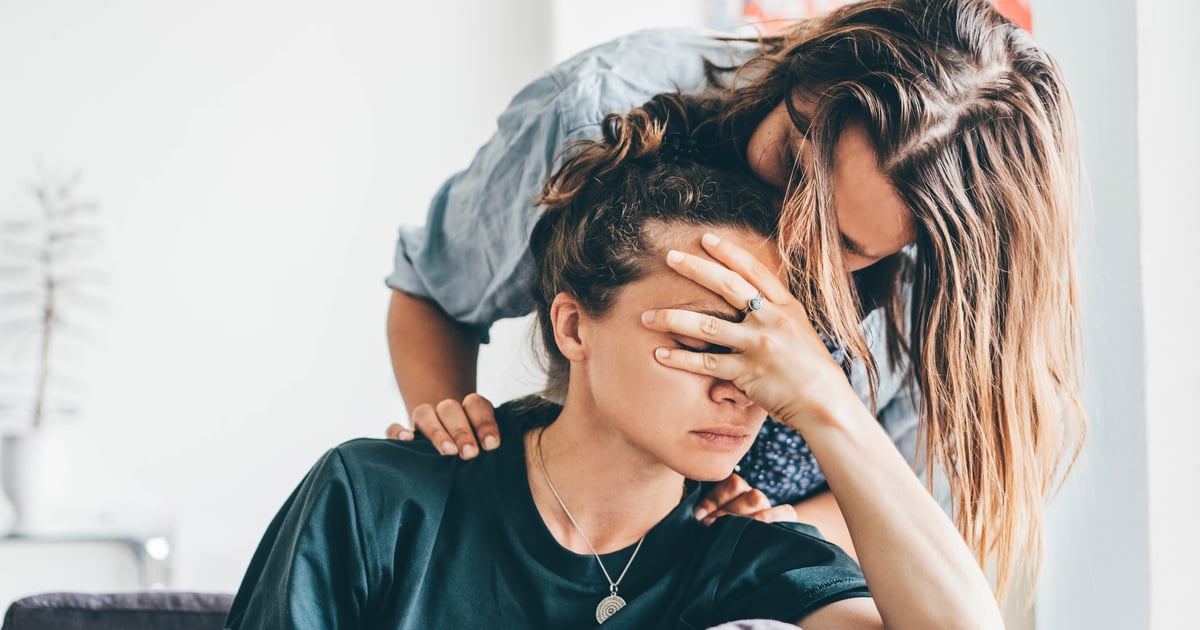
The circumstances of every breakup are unique. Sometimes passion fizzles out, or you’ve decided to take a chance at a healthier partner or relationship. Other times, a breakup occurs despite still being in love with a good partner, and an incompatibility or life circumstance means you have to go your separate ways. Regardless of the reason (and sometimes there is is not a clear reason why you or someone else wants to leave), losing a relationship can be a painful experience — but there are things you can do after a breakup to help you feel better.
“Breakups are so difficult because we’re hardwired to form strong social bonds,” she says Lisa van Loo, certified dating and relationship coach. “We have developed a deep desire to form intimate relationships with others. Historically, without close ties, our chances of surviving would have plummeted. When a relationship ends, it can feel like we’re losing something that’s essential to our physical and mental well-being.”
Thinking about a breakup in the form of grief can be helpful, but you may also feel relief, freedom, and excitement for your new life as single. Regardless of who ended the relationship, most people will feel the emotional impact of this significant change — and will need to learn how to get over a breakup.
POPSUGAR spoke to Van Loo and a certified relationship coach Angelica Koch about how to cope with a breakup in the healthiest way. Below are strategies to find support, heal in helpful ways, and move on.
Feel your feelings instead of avoiding them
An important part of accepting the end of a relationship is giving yourself permission to feel the pain, anger, guilt, and all of the messy emotions that come with a breakup.
For those who have broken up, Van Loo says people often feel lied to, manipulated, or rejected. It’s okay to feel overwhelmed by a breakup and stew in those feelings of rejection. On the other hand, those who initiated the separation themselves. Van Loo says guilt is common, as is the bad feeling of hurting someone important to you.
Either way, remind yourself that you deserve to be with someone who is 100 percent invested in you and who you want to be 100 percent invested in. In other words, partners deserve to have their feelings and commitment reciprocated — and if that’s not the case, it may be time to break up.
The best thing you can do for yourself is grieve and process your pain. “There’s so much emphasis on being strong and not caring these days, but to move on it’s almost like grieving a death. Someone is no longer part of your life. Acknowledge that and allow yourself to go through all the emotions,” says Koch.
If you’re having a hard time giving yourself permission to feel, there are some things you can do after a breakup to use those emotions: Try journaling, listening to a breakup playlist, watching a movie, or yours to move body.
Find support
When you’re grieving your breakup, you don’t have to deal with your feelings and heartbreak alone. You can seek support from friends, family, and professional mental health professionals.
Friends and family can offer comfort, especially because they know you well and are invested in your well-being. Your support network can also act as a buffer when you’re tempted to text your ex — if that’s the case, you can text a supportive friend and ask for their help instead. As always, be careful to rely on your friends and always ask if they have the capacity to support and listen to you in the moment.
Relying on your support system can be helpful in getting through a breakup, but it’s not the only option. You may also consider therapy.
“Everyone should spend time in therapy if they can. So if you haven’t had professional support, a breakup could be a good place to start,” says Van Loo. “Professionals can speed up your process and help you learn and grow from your experiences by supporting you in all areas of life, not just the breakup. It can be life changing work; once you learn the tools they teach you, you have them for life.”
Image Source: Getty / Maria Korneeva
